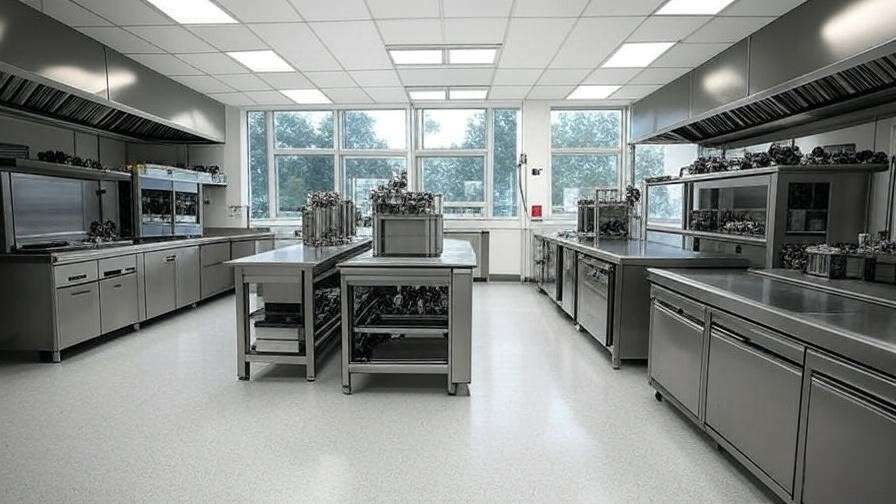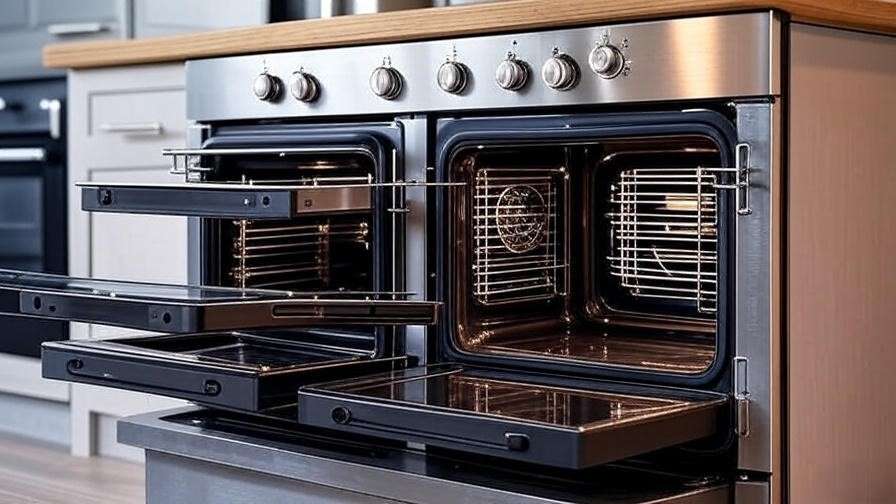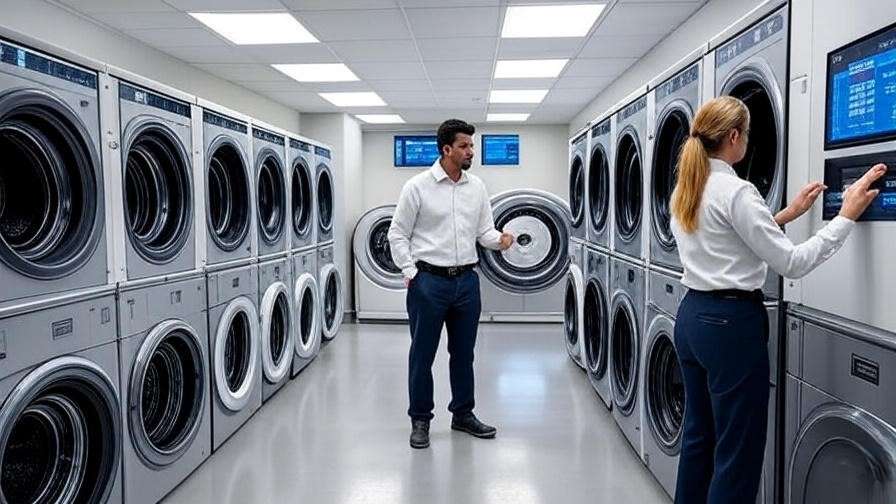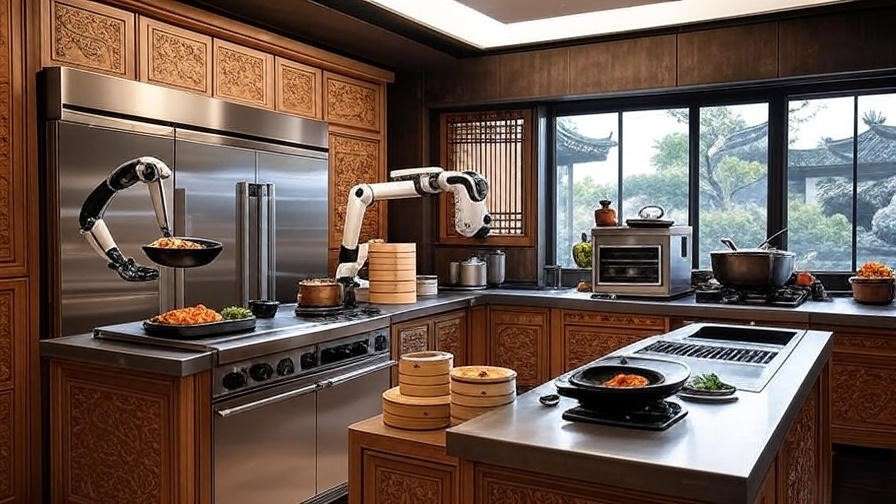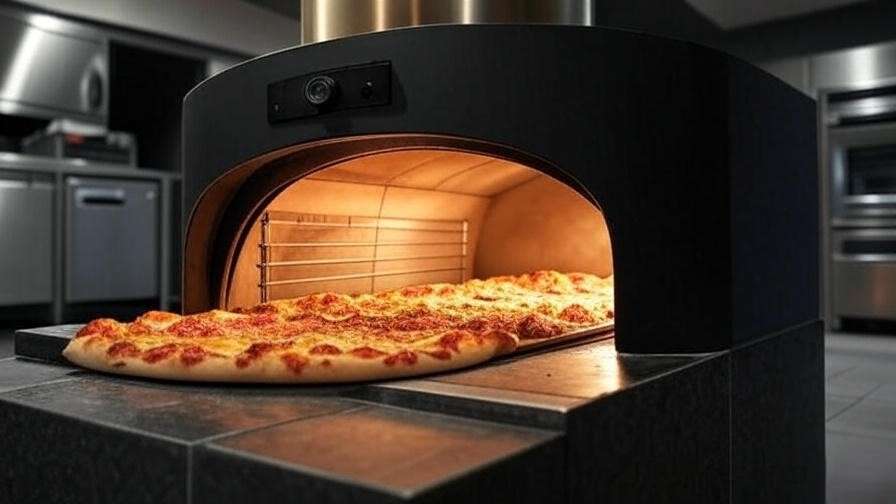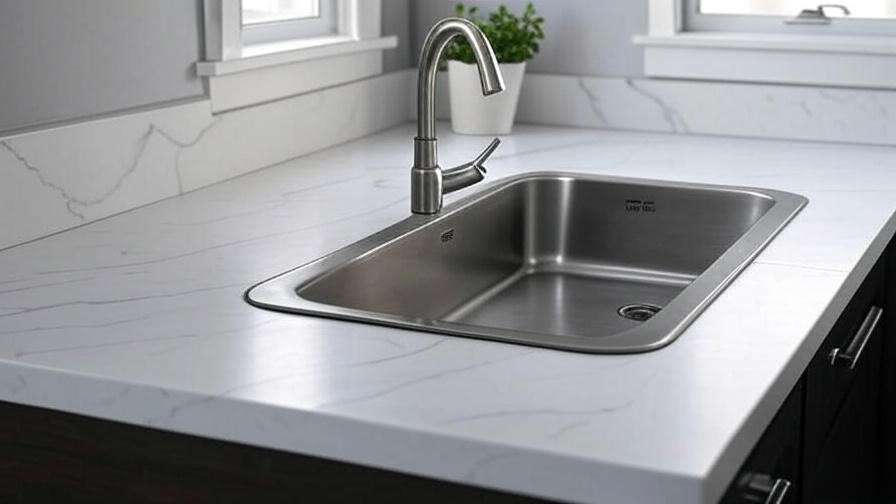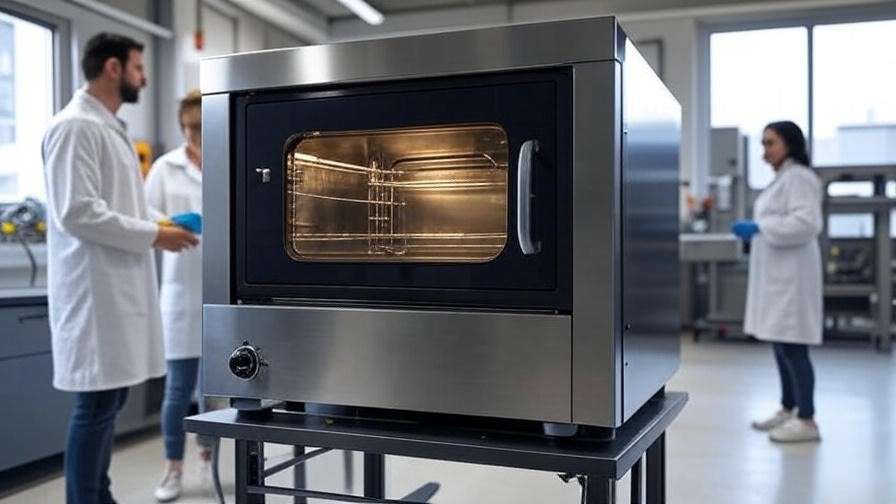Imagine a mechanical engineering lab where precision drives innovation, yet a cluttered, unclean kitchen silently undermines your team’s progress. In high-stakes environments like these, a professional kitchen cleaning service can be the unsung hero that transforms your workspace. Kitchens in labs—whether break rooms or spaces for food-related experiments—are more than just conveniences; they’re integral to productivity and safety. Contamination risks, regulatory non-compliance, and reduced morale from a neglected kitchen can derail even the most advanced research. This article explores how a specialized kitchen cleaning service addresses these challenges, boosting efficiency, safety, and innovation in mechanical engineering labs. Drawing on insights from lab managers and cleaning experts, we’ll show you why cleanliness is a game-changer and how to choose the right service for your lab.
Why Cleanliness Matters in Mechanical Engineering Labs
The Role of Kitchen Spaces in Labs
In mechanical engineering labs, kitchens serve diverse purposes. Beyond providing a space for staff to recharge during breaks, they may support experiments involving organic materials, such as biomechanical testing or food-grade polymer development. For instance, a lab designing prosthetics might use kitchen areas to test biocompatible materials, where even trace contaminants can skew results. These spaces are often high-traffic zones, hosting collaborative discussions or material preparation. A clean kitchen ensures these activities don’t compromise the lab’s primary work. Without proper maintenance, grease, spills, or bacteria can create ripple effects, impacting both research and team well-being.
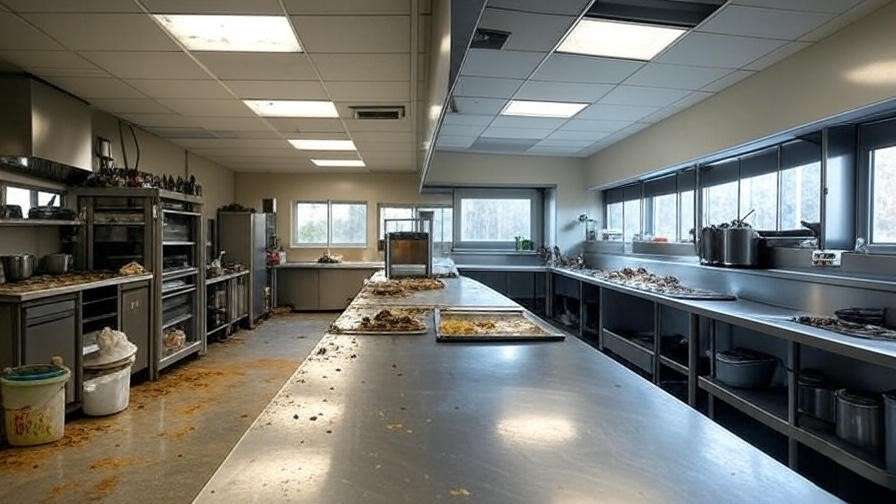
Risks of Poor Kitchen Hygiene
An unclean lab kitchen poses serious risks. Contamination is a primary concern—organic residues can interfere with sensitive experiments, such as those involving microfluidics or material tensile testing. Health hazards, like bacterial growth (e.g., E. coli or Salmonella), threaten staff safety, potentially leading to sick days that delay projects. Regulatory non-compliance is another issue; labs must adhere to standards like OSHA’s General Industry regulations or ISO 14644 for cleanroom environments. A lab manager at a university research facility shared how an unclean kitchen led to a failed inspection, costing thousands in fines and weeks of halted research. These risks highlight the need for rigorous cleaning protocols.
The Productivity Connection
A clean kitchen does more than mitigate risks—it enhances productivity. A well-maintained space fosters a culture of precision, mirroring the meticulous nature of mechanical engineering. Employees working in a tidy environment report higher morale and focus, according to a 2023 study by the Journal of Occupational Health. Clean kitchens reduce downtime caused by spills or equipment contamination, allowing researchers to stay focused on innovation. For example, a lab developing sustainable packaging materials found that a hygienic kitchen streamlined their workflow, as staff spent less time addressing messes and more time on critical tasks.
What Makes a Kitchen Cleaning Service Essential for Labs?
Specialized Cleaning Needs in Engineering Environments
Lab kitchens demand more than standard cleaning. Mechanical engineering labs often handle hazardous materials, such as lubricants or chemical residues, requiring cleaners trained in safe disposal and contamination prevention. For instance, labs working on biomechanical devices need surfaces free of organic or chemical residues to avoid skewing test results. Cleaning services must also comply with strict protocols, such as HEPA filtration for air quality or non-reactive cleaning agents to protect sensitive equipment. Unlike office kitchens, lab environments require precision cleaning to maintain experimental integrity and safety.
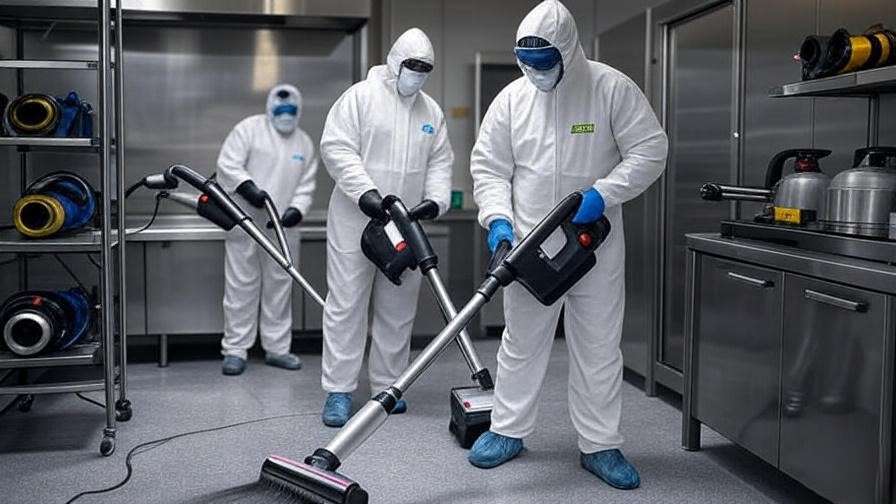
Benefits of Professional Services Over In-House Cleaning
Outsourcing to a professional kitchen cleaning service offers clear advantages over in-house efforts. Trained cleaners bring expertise in lab-specific protocols, using specialized tools like HEPA-filtered vacuums or autoclave-compatible disinfectants. In contrast, in-house cleaning often diverts researchers from their core work, leading to inefficiencies. Professionals also ensure compliance with regulations, reducing the risk of penalties. A 2024 survey by the American Society of Mechanical Engineers (ASME) found that labs outsourcing cleaning reported a 15% increase in operational efficiency compared to those relying on staff. Professional services save time and deliver superior results.
Cost vs. Value Analysis
While hiring a kitchen cleaning service involves upfront costs, the long-term value is undeniable. Contamination incidents can cost thousands in ruined experiments or equipment repairs. Professional cleaning reduces these risks, extending the lifespan of lab assets. Additionally, fewer sick days from hygiene-related illnesses translate to consistent productivity. Below is a comparison of in-house vs. professional cleaning costs:
| Aspect | In-House Cleaning | Professional Service |
|---|---|---|
| Initial Cost | Low (staff time) | Moderate ($500-$2000/mo) |
| Equipment Needed | Basic supplies | Specialized tools |
| Compliance Expertise | Limited | High (certified) |
| Time Impact | High (staff diverted) | Low (no disruption) |
| Long-Term Savings | Low (risk of errors) | High (prevents losses) |
Investing in a professional service is a strategic move for labs prioritizing precision and efficiency.
Key Features to Look for in a Kitchen Cleaning Service
Compliance with Industry Standards
A reputable kitchen cleaning service must understand lab-specific regulations. Certifications like ISO 14644 (cleanroom standards) or OSHA compliance ensure the service meets rigorous safety and hygiene requirements. For example, a service handling a lab kitchen must know how to clean without introducing contaminants that could affect experiments. A cleaning industry expert, Jane Thompson, notes, “Look for providers with certifications in hazardous material handling and cleanroom protocols to ensure alignment with lab needs.” Verify these credentials before signing a contract to avoid compliance issues.
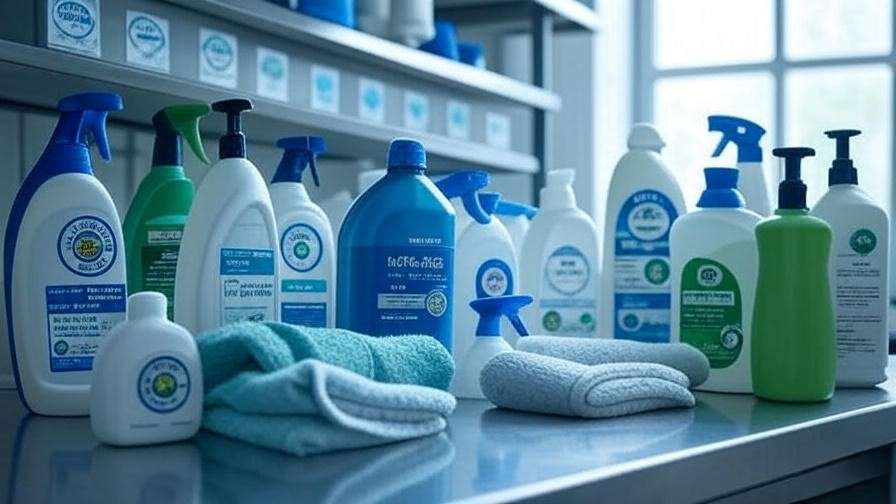
Use of Eco-Friendly and Lab-Safe Products
Lab kitchens require cleaning agents that are non-toxic and non-reactive to prevent interference with experiments. Eco-friendly products, such as biodegradable disinfectants, are ideal for labs prioritizing sustainability. For instance, a mechanical engineering lab testing food-grade materials switched to green cleaners and reported a 20% reduction in equipment corrosion. Services should also use HEPA-filtered vacuums to maintain air quality. Always ask providers about their product safety data sheets (SDS) to confirm compatibility with your lab’s materials.
Customizable Cleaning Schedules
Labs operate on tight schedules, often with high-stakes deadlines. A quality cleaning service offers flexible plans tailored to your lab’s needs, such as nightly deep cleans or weekly maintenance during low-activity periods. This minimizes disruptions to experiments or staff workflows. For example, a robotics lab scheduled cleanings during off-hours, ensuring uninterrupted testing. Tip: Request a trial period to test scheduling compatibility before committing long-term.
How a Kitchen Cleaning Service Enhances Lab Operations
Boosting Experiment Accuracy
A clean kitchen directly supports experiment accuracy. In labs handling organic materials, such as those developing biodegradable composites, even minor residues can skew results. A professional cleaning service ensures sterile surfaces, reducing the risk of cross-contamination. For example, a biomechanical lab testing food-grade polymers implemented regular professional cleaning and saw a 10% improvement in data consistency. By eliminating variables like grease or dust, cleaners help maintain the precision that mechanical engineering demands.

Improving Workplace Safety
Safety is non-negotiable in labs. Unclean kitchens can lead to slips, bacterial outbreaks, or chemical residue buildup. According to OSHA, 12% of lab accidents are linked to poor hygiene practices. Professional cleaners mitigate these risks by using anti-slip treatments, disinfecting high-touch surfaces, and safely disposing of hazardous waste. A lab manager reported that after hiring a cleaning service, their facility’s safety incident rate dropped by 25%. This creates a safer environment for researchers to focus on innovation.
Supporting Team Well-Being
A clean, inviting kitchen fosters collaboration and reduces stress. Mechanical engineering labs are high-pressure environments, and a tidy break area can boost morale. A 2023 study in the Journal of Workplace Psychology found that clean workspaces increase employee satisfaction by 18%. Staff in a clean kitchen are more likely to engage in collaborative discussions, sparking innovation. For instance, a university lab reported that a refreshed kitchen became a hub for brainstorming sessions, enhancing team dynamics.
Choosing the Right Kitchen Cleaning Service for Your Lab
Evaluating Service Providers
Selecting a kitchen cleaning service for a mechanical engineering lab requires careful evaluation to ensure alignment with your facility’s unique needs. Start with a checklist: verify the provider’s experience in lab environments, preferably with references from other engineering or scientific facilities. Look for certifications like ISO 14644 for cleanroom standards or OSHA compliance for workplace safety. Client testimonials can reveal reliability and attention to detail. Transparent pricing is also critical—avoid services with vague cost structures. A reputable provider will offer a detailed proposal outlining their cleaning protocols, staff training, and equipment used. Tip: Request a site visit to assess their understanding of your lab’s specific requirements.
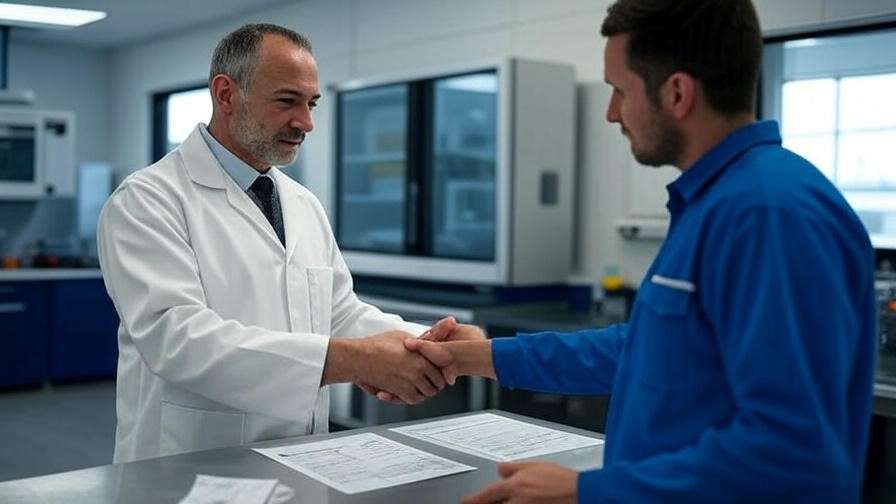
Questions to Ask Before Hiring
To ensure a cleaning service meets your lab’s standards, ask targeted questions during the selection process. Key inquiries include: “Are your staff trained in lab safety protocols, such as handling hazardous materials?” and “Do you use HEPA-filtered vacuums to maintain air quality?” Confirm their familiarity with regulatory standards like EPA guidelines for chemical disposal or FDA requirements for labs working on food-related projects. Ask about their contingency plans for emergencies, such as spill response. A cleaning industry veteran, Mark Reynolds, advises, “Always inquire about their quality control measures to ensure consistent results.” Document responses to compare providers effectively.
Red Flags to Avoid
Not all cleaning services are equipped for lab environments. Watch for red flags like lack of certifications, generic cleaning approaches, or poor communication. For example, a service that doesn’t ask about your lab’s specific needs may overlook critical protocols, risking contamination. Avoid providers who use harsh chemicals incompatible with sensitive equipment. A cautionary tale comes from a materials science lab that hired an unqualified service, resulting in chemical residue that ruined a $50,000 experiment. Ensure the provider has a clear escalation process for issues and a track record of reliability to avoid costly mistakes.
Case Studies: Success Stories from Mechanical Engineering Labs
Case Study 1: Biomedical Engineering Lab
A biomedical engineering lab developing implantable devices faced challenges with kitchen hygiene affecting their cleanroom standards. Organic residues from staff meals were detected in nearby testing areas, threatening data integrity. By hiring a kitchen cleaning service certified in ISO 14644, the lab achieved sterile conditions. The service implemented nightly deep cleans using lab-safe disinfectants and HEPA filtration, reducing contamination incidents by 30%. The lab manager noted, “Our experiment accuracy improved, and we passed our next regulatory audit with flying colors.” This case underscores the impact of specialized cleaning on high-stakes research.
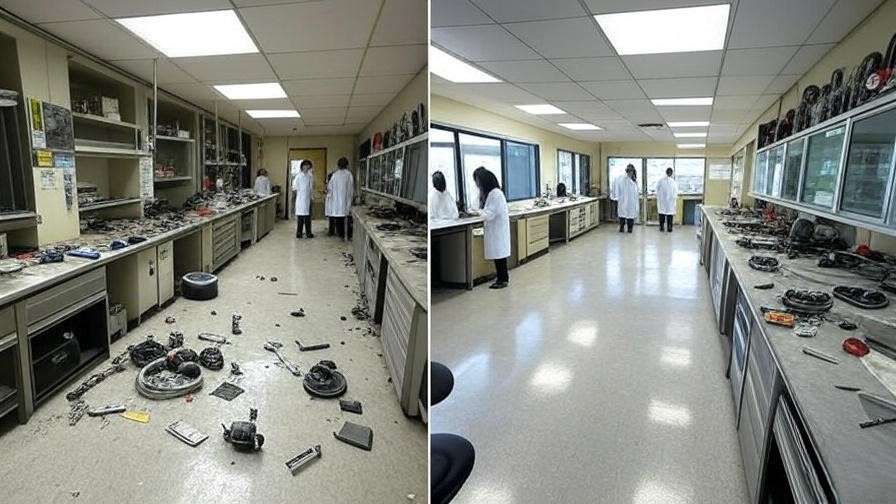
Case Study 2: University Research Lab
A university mechanical engineering lab studying sustainable materials struggled with a cluttered kitchen that disrupted team morale. Staff spent hours cleaning, diverting time from research. After outsourcing to a professional cleaning service, the lab saw immediate benefits. The service tailored a biweekly cleaning schedule to avoid peak research hours, using eco-friendly products to align with the lab’s sustainability focus. The result? A 20% reduction in downtime and a more collaborative workspace. Students reported feeling more motivated, and the lab’s productivity increased, leading to a breakthrough in their polymer research.
Lessons Learned
These case studies highlight key takeaways: specialized cleaning services enhance lab efficiency, ensure compliance, and support team well-being. Tailored schedules and lab-safe products are critical for seamless integration. Labs that invest in professional cleaning not only mitigate risks but also create environments that foster innovation. The success of these facilities demonstrates that a kitchen cleaning service is a strategic asset for any mechanical engineering lab aiming to excel.
Practical Steps to Integrate a Cleaning Service into Your Lab
Assessing Your Lab’s Needs
Before hiring a kitchen cleaning service, conduct a thorough assessment of your lab’s requirements. Evaluate the kitchen’s size, usage frequency, and specific risks, such as proximity to sensitive equipment or hazardous materials. For example, a lab handling biomechanical fluids may need daily disinfection, while a smaller break room might require weekly maintenance. Use a lab audit checklist to identify high-risk areas, such as sinks or countertops prone to bacterial growth. Document peak activity times to inform scheduling. This assessment ensures the service aligns with your lab’s operational and safety needs.
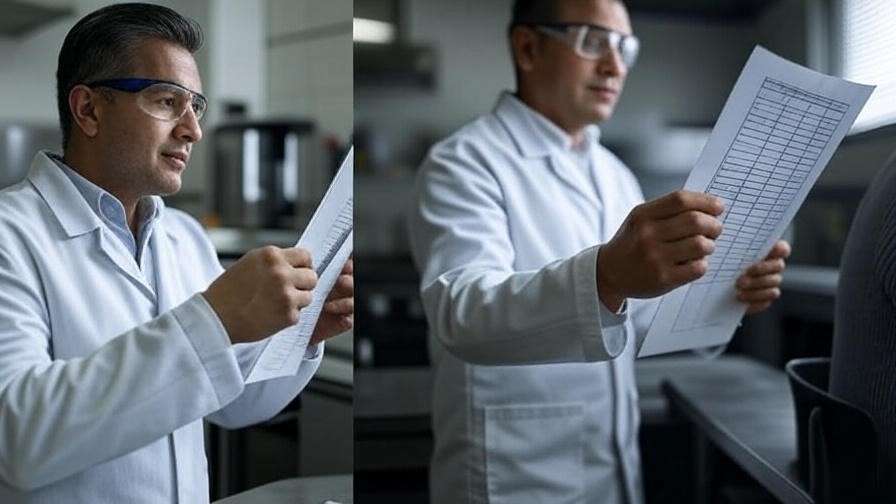
Communicating with Your Cleaning Provider
Clear communication is essential for a successful partnership. Provide a detailed briefing on lab-specific protocols, such as restricted areas or equipment that requires special handling. For instance, a lab testing microfluidic devices might prohibit certain cleaning agents near testing zones. Share your audit findings and regulatory requirements to set expectations. Schedule regular meetings to discuss performance and address concerns. A robotics lab manager found that providing a detailed floor plan reduced cleaning errors by 40%. Clear, ongoing communication ensures the service meets your lab’s standards without disrupting workflows.
Monitoring and Feedback
To maintain consistent quality, establish a monitoring and feedback system. Conduct weekly inspections to verify cleanliness and compliance with protocols. Use a feedback form to rate the service on metrics like thoroughness, punctuality, and adherence to safety standards. Share constructive feedback promptly to address issues. For example, a lab noticed inconsistent sink cleaning and resolved it through a quick feedback session, improving results within a week. Regular check-ins build trust and ensure the cleaning service remains aligned with your lab’s evolving needs.
Conclusion
A professional kitchen cleaning service is more than a luxury for mechanical engineering labs—it’s a strategic investment in precision, safety, and productivity. By addressing contamination risks, ensuring regulatory compliance, and fostering a collaborative environment, these services transform lab kitchens into assets that drive innovation. From boosting experiment accuracy to enhancing team morale, the benefits are undeniable. Take the first step today: assess your lab’s kitchen cleaning needs, research certified providers, and request quotes to unlock your workspace’s full potential. A clean kitchen isn’t just about hygiene—it’s about revolutionizing your lab’s success.

